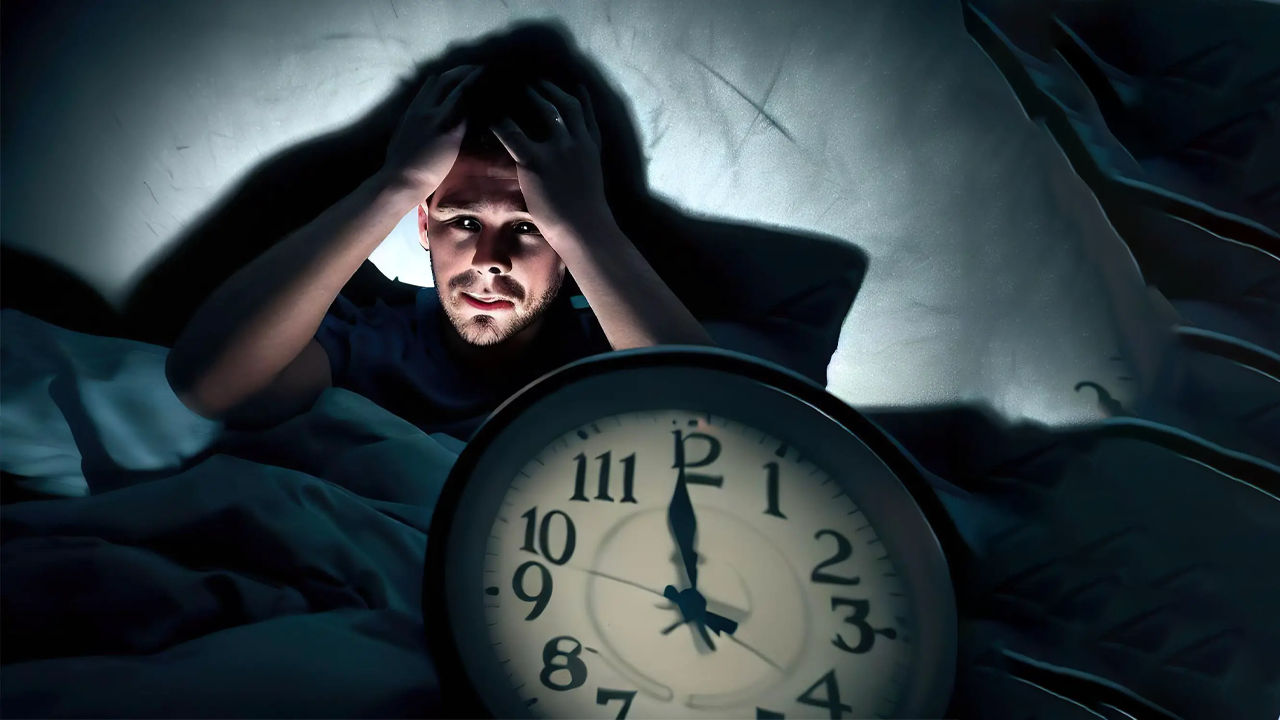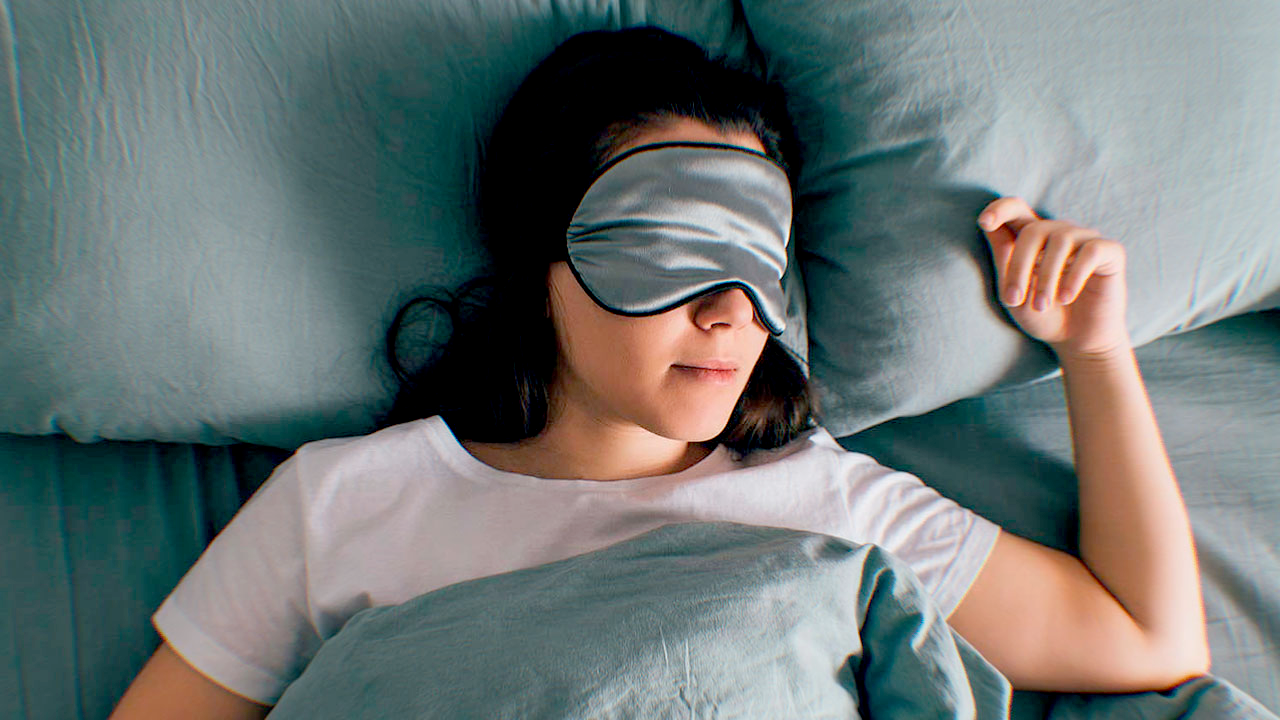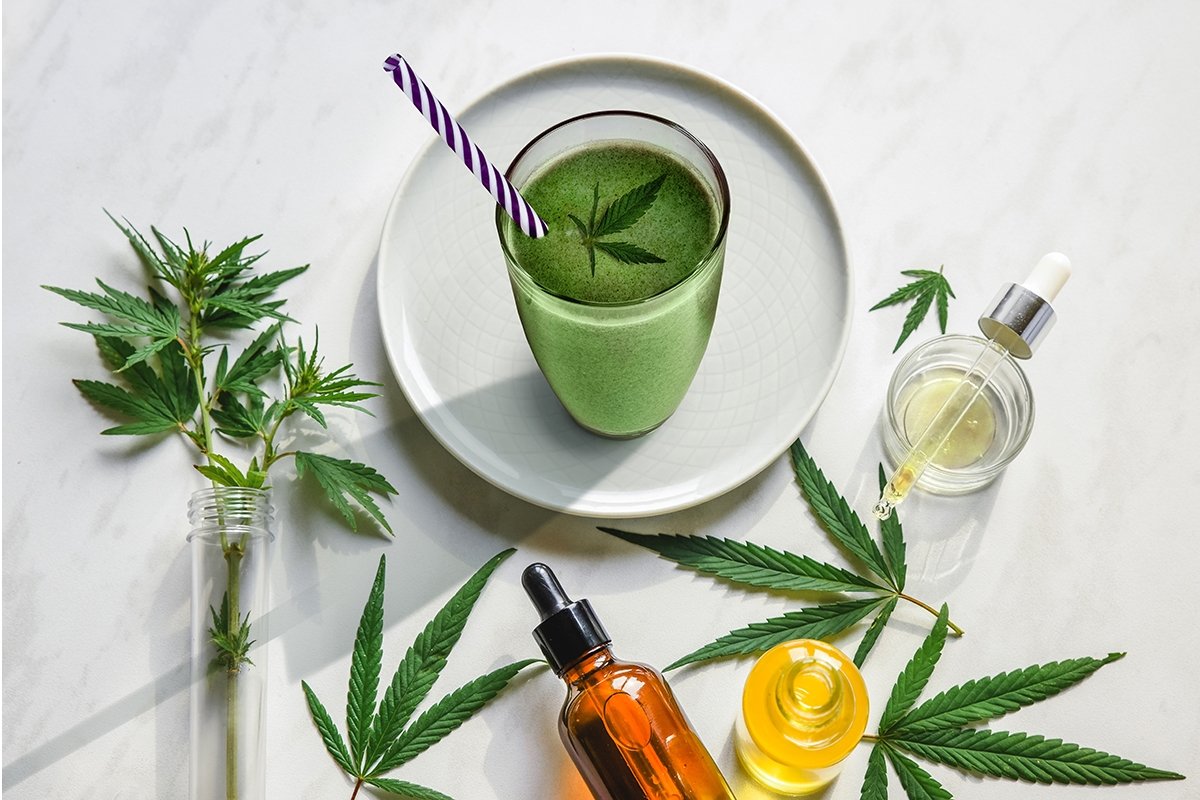CBD for Insomnia: How It Helps You Sleep Better in 2023

Cannabidiol (CBD) has emerged as a potential remedy for various ailments, and one of its most discussed therapeutic applications is for sleep disorders, notably insomnia. Unlike tetrahydrocannabinol (THC), another compound found in the cannabis plant, CBD is non-psychoactive, which means it doesn’t produce a “high.” Preliminary research and anecdotal evidence suggest that CBD may help reduce anxiety, one of the primary causes of insomnia, and promote relaxation, leading to a better quality of sleep. While many individuals claim to benefit from using CBD as a sleep aid, scientific research is still in its infancy, and further studies are required to establish definitive links and optimal dosing. As with any supplement or remedy, it’s essential to consult with a healthcare professional before using CBD for insomnia.
You’ve probably heard the buzz about CBD and its potential health benefits, but did you know that many are turning to it as a remedy for sleep troubles, particularly insomnia? In this guide, In this guide, we’ll dive deep into how CBD for Insomnia helps in might just be the night-time relief you’ve been searching for
Explore the Contents
What is CBD?
Cannabidiol (CBD) is a naturally occurring compound found in the Cannabis sativa plant. Unlike its counterpart, tetrahydrocannabinol (THC), which is responsible for the psychoactive “high” commonly associated with marijuana, CBD is non-psychoactive, making it an attractive option for those seeking the potential therapeutic benefits of cannabis without the intoxicating effects. Over recent years, CBD has garnered significant attention for its potential role in alleviating a variety of ailments, ranging from anxiety and chronic pain to certain neurological and autoimmune disorders. Extracted primarily from the hemp variety of the cannabis plant, CBD products, including oils, tinctures, and edibles, have become widely available in many regions. However, the legal status and regulatory oversight of CBD vary from country to country, and further research is ongoing to establish its safety profile and therapeutic efficacy.
CBD, or cannabidiol, is a natural compound found in the Cannabis Sativa plant. It’s the non-psychoactive sibling of THC, which means it won’t give you that “high” feeling. Picture it like this: if THC and CBD were siblings, THC would be the wild one always looking for attention, while CBD would be the calm and collected sibling, always there to help you out.
How CBD Interacts with the Body
CBD interacts with the body’s endocannabinoid system, a complex network that regulates various physiological processes. Think of it as a conductor guiding a symphony to create harmony within our bodies. When you take CBD, it might help bring that symphony back into tune, especially when it comes to sleep.
Causes of Insomnia
Using CBD as a sleep aid has gained popularity due to its potential calming and anxiety-reducing properties. To use CBD for sleep, one should start by selecting a high-quality product from a reputable provider, ensuring it’s been third-party tested for purity and potency. Begin with a low dose to gauge how your body reacts, and consider taking it about an hour before bedtime to allow the compound time to metabolize. Consistency is key, so integrating CBD into your nightly routine might yield the best results. While some users report improved sleep quality and reduced insomnia-related symptoms, it’s essential to consult with a healthcare professional before starting any new supplement, including CBD. Combining CBD with good sleep hygiene practices, such as maintaining a regular sleep schedule and creating a conducive sleep environment, can further optimize its potential benefits.
Insomnia is a common sleep disorder characterized by difficulty falling asleep, staying asleep, or both, leading to insufficient rest despite adequate opportunity for sleep. The causes of insomnia can be multifaceted, ranging from lifestyle factors to underlying medical conditions. Here are some of the primary causes:
Stress and Anxiety
Concerns about work, school, health, finances, or family can keep the mind active at night, making it difficult to sleep. Major or traumatic life events, such as the loss of a loved one or a job, can also lead to insomnia.
Depression
Insomnia can be an attribute of depression. The relationship between sleep and depressive illnesses is complex, as insomnia can lead to depression and vice versa.
Lifestyle
Irregular sleep schedules, napping during the day, consuming caffeine or alcohol before bedtime, or using electronic devices late at night can interfere with the body’s internal clock and affect sleep.
Medications
Some prescription drugs can interfere with sleep, such as certain antidepressants, medications for asthma, blood pressure, and allergies.
Medical Conditions
Conditions like chronic pain, asthma, gastroesophageal reflux disease (GERD), overactive thyroid, Parkinson’s disease, Alzheimer’s disease, and other chronic illnesses can cause insomnia.
Hormonal Changes
Shifts in hormones during the menstrual cycle, pregnancy, and menopause can affect sleep. Hormonal changes associated with the thyroid can also cause sleep disturbances.
Other Sleep Disorders
Conditions such as sleep apnea, restless legs syndrome, and circadian rhythm sleep disorders can lead to insomnia.
Environmental Factors
A bedroom environment that’s too hot, cold, noisy, or bright can make it difficult to fall or stay asleep.
Eating Habits
Eating large meals close to bedtime might cause physical discomfort, making it hard to fall asleep. Certain foods and drinks, especially those containing caffeine or sugar, can also disrupt sleep.
Travel and Jet Lag
Crossing time zones can disrupt the body’s internal clock, leading to symptoms of insomnia.
Substance Abuse
Overuse or withdrawal from alcohol, nicotine, or other drugs can lead to disrupted sleep patterns.
It’s essential to understand that the causes of insomnia can be complex and interrelated. For many, a combination of factors might contribute to the disorder. Identifying and addressing the underlying cause(s) is crucial for effective treatment and lasting relief. If insomnia persists, seeking the advice of a healthcare or sleep specialist is highly recommended.
How Helps CBD for insomnia
Cannabidiol (CBD) has been explored for its potential therapeutic benefits in a range of health conditions, including insomnia. Here’s how CBD might help with sleep disturbances:
Anxiety Reduction
One of the primary reasons people turn to CBD is its potential to alleviate anxiety. Chronic anxiety is a common cause of insomnia. By helping to reduce the symptoms of anxiety, CBD might aid in promoting relaxation and making it easier to fall asleep.
Pain Relief
Chronic pain can be a significant barrier to sound sleep. Some studies and anecdotal reports suggest that CBD can have analgesic properties, potentially reducing pain and making it easier for individuals to find comfort and fall asleep.
Regulation of Sleep Cycle
Preliminary research has suggested that CBD might influence the sleep-wake cycle. For individuals with a disrupted circadian rhythm, CBD might help regulate sleep patterns, ensuring more restful and restorative sleep.

Reduction of REM Sleep Behavior Disorder (RBD)
RBD is a condition where people act out their dreams during the REM sleep phase, which can be disruptive and even dangerous. Some studies have indicated that CBD might help reduce the occurrence of this disorder.
Reduction in Nightmares
Some individuals, especially those with post-traumatic stress disorder (PTSD), experience frequent and intense nightmares that disturb their sleep. There’s evidence to suggest that CBD might reduce the frequency or intensity of these nightmares.
Decreasing Sleep Latency
Some users report that CBD helps them fall asleep faster, decreasing the amount of time it takes to transition from full wakefulness to sleep.
Interaction with the Endocannabinoid System (ECS)
The body’s ECS plays a role in regulating various physiological processes, including sleep. CBD interacts with the ECS, potentially influencing receptors and neurotransmitters associated with the sleep-wake cycle.
While the potential benefits of CBD for sleep are promising, it’s essential to approach this topic with caution. Research is still in its early stages, and the exact mechanisms by which CBD affects sleep are not entirely understood. Moreover, the optimal dosage for sleep can vary widely from person to person, and other factors, like product quality and delivery method, can influence its effects. As always, consulting with a healthcare professional before starting CBD for sleep is highly recommended.
The Science Behind CBD and Sleep
Research suggests that CBD might help regulate the sleep-wake cycle. It’s like giving your internal clock a gentle nudge, reminding it when it’s time to wind down.
Personal Testimonies and Experiences
Many have shared tales of how a few drops of CBD oil before bed transformed their sleep. Imagine going from counting sheep every night to diving into deep, restorative sleep. Sounds dreamy, right?
How to Use CBD for Sleep
Using CBD as a sleep aid has gained popularity due to its potential calming and anxiety-reducing properties. To use CBD for sleep, one should start by selecting a high-quality product from a reputable provider, ensuring it’s been third-party tested for purity and potency. Begin with a low dose to gauge how your body reacts, and consider taking it about an hour before bedtime to allow the compound time to metabolize. Consistency is key, so integrating CBD into your nightly routine might yield the best results. While some users report improved sleep quality and reduced insomnia-related symptoms, it’s essential to consult with a healthcare professional before starting any new supplement, including CBD. Combining CBD with good sleep hygiene practices, such as maintaining a regular sleep schedule and creating a conducive sleep environment, can further optimize its potential benefits.
Recommended Dosage
Finding the right dosage is a bit like finding the perfect pair of jeans – it’s personal. Starting with a low dose and gradually increasing it until you find what works best for you might be the key.
Different Forms of CBD for Sleep
From oils, gummies to capsules – there’s a form of CBD for everyone. Think of it as choosing between tea, coffee, or a smoothie in the morning. What’s your pick?
Potential Side Effects of Using CBD for Sleep
Just as with any remedy, there are potential side effects. Some might experience dizziness or a dry mouth. It’s always a smart move to consult with a medical professional first. Better safe than sorry, right?
Conclusion: CBD for Insomnia
Insomnia can be a real bear, but with the potential benefits of CBD, there might just be a natural solution waiting for you. Always remember, what works wonders for one person might not for another. It’s all about finding what harmonizes with your unique body rhythm. Sweet dreams
As the search for natural and effective sleep aids continues, CBD has emerged as a promising contender in the battle against insomnia. Preliminary research and a plethora of anecdotal accounts hint at CBD’s potential to alleviate factors contributing to sleep disturbances, such as anxiety and chronic pain. Furthermore, its interaction with the body’s endocannabinoid system suggests that CBD could play a role in regulating the sleep-wake cycle. While the early results are encouraging, it’s essential to emphasize that research is ongoing, and much remains to be understood about the exact mechanisms of CBD’s sleep-inducing properties. Individuals considering CBD as a sleep aid should approach with caution, prioritizing high-quality products and always consulting with healthcare professionals to ensure safe and effective use. As science progresses, we can anticipate a clearer picture of CBD’s role in fostering restful sleep and overall well-being.
Read More: CBD and Addiction: Separating Facts from Fiction 2023
FAQs : CBD for Insomnia
Is CBD legal?
In many places, yes! But always check local regulations.
Will CBD make me high?
No, CBD is non-psychoactive.
How long does it take for CBD to work for sleep?
It varies by person, but many report feeling effects within 30 minutes to an hour.
Can I take CBD with other medications?
Always consult with a healthcare professional before mixing remedies.
How do I store CBD products?
A cool, dry place out of direct sunlight is ideal.







